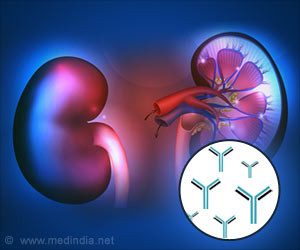New therapies for preventing cancer may be on their way as scientists have identified components in pomegranate juice that inhibit the movement of cancer cells.

The research could lead to new therapies for preventing cancer metastasis.
Manuela Martins-Green applied pomegranate juice on laboratory-cultured prostate cancer cells that were resistant to testosterone.
The researchers found that the pomegranate juice-treated tumour cells that had not died with the treatment showed increased cell adhesion and decreased cell migration.
Next, the researchers identified the active groups of ingredients in pomegranate juice that had a molecular impact on cell adhesion and migration in metastatic prostate cancer cells like phenylpropanoids, hydrobenzoic acids, flavones and conjugated fatty acids.
"Having identified them, we can now modify cancer-inhibiting components in pomegranate juice to improve their functions and make them more effective in preventing prostate cancer metastasis, leading to more effective drug therapies.
Advertisement
Martins-Green added, "We show that pomegranate juice markedly inhibits the function of this protein, and thus this juice has the potential of preventing metastasis of the prostate cancer cells to the bone."
Source-ANI

![Prostate Specific Antigen [PSA] & Prostate Cancer Diagnosis Prostate Specific Antigen [PSA] & Prostate Cancer Diagnosis](https://images.medindia.net/patientinfo/120_100/prostate-specific-antigen.jpg)












